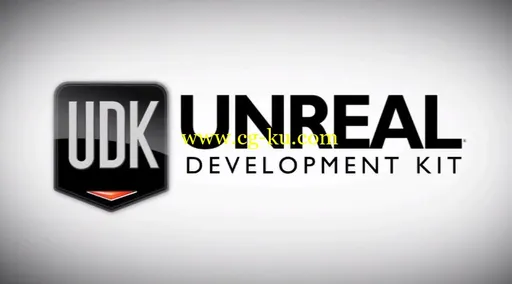
Udemy – Unreal Development Kit UDK
Info:
Unreal Development Kit (UDK) is a complete suite of game development tools made by game developers, for game developers. From 2D mobile games to high-fidelity VR experiences to console blockbusters, Unreal Engine 4 gives you everything you need to start, ship, grow and stand out from the crowd.
UDK is a complete stand-alone system that will teach you how to use UDK and construct a game environment using default assets that come standard with UDK in under 8 hours. You will go from complete beginner to intermediate user with UDK.
Here is what you can expect to learn from this guide:
Go from complete beginner to intermediate user with UDK
Learn all the fundamental functions of what it takes to use UDK and construct game environments in under 8 hours
Construct your own game environment using the workflow
How to download, install and launch UDK step-by-step – explained
Learn to create UDK shortcuts so that you can launch the level editor and the game faster
The very first thing you should do when you launch UDK level editor for the first time
Ways to optimize your layout, navigation and viewport configurations for faster and more efficient workflow
How to play test from the editor using 3 various Play In Editor functions
What is the main difference between Static Meshes vs BSP brushes and how should you use them when constructing your environments
How to enable real-time and game previews so that you see exactly what your environment will look like without launching the game
How to use Content Browser, the content management system in UDK to search and insert models, textures and materials
UDK folder structure explained and what is the difference between a map files (.udk) and a package files (.upk)
How to launch new maps, existing templates, example files and saving your work
Discover how UDK’s template map files are created
How to build your environment to scale and correct proportion
3 most common architecture scale reference and their sizes in Unreal Units
Learn how to work with BSP brushes and improve your block-in process
How to block in your environment using BSP brushes so that everything matches to correct scale and the layout you want before you do any detail work
How to use BSP Geometry Mode, avoid BSP geometry errors and quick fix many common brush problems
Discover how to quickly change BSP brush pivot points, brush order and CSG operations which minimizes most frustrating issues when using BSP brushes
How to replace BSP geometry with Static Meshes
How to insert, manipulate and work with Static Meshes
How to add detail to your environment
Complete BSP to Static Mesh workflow explained and shown – learn the process of block in and detailing in a systematic step-by-step approach
What is the difference between textures and materials
How to use Static Meshes in modular fashion to create new areas and construct new objects
How to work and apply textures/materials onto your BSP surfaces and Static Meshes
How to create parent/child materials and re-use them to add variety to your textures without having to create a totally new material
How to insert/add skies (skydomes/skyspheres) into your environments
How to make skies light properly in your level
How to match your lighting and fog to your skysphere/skydome
How to light exteriors (sunlight)
How to work with fog to add atmospheric perspective and realistic look to your level
How to use multiple fog actors such as one for exterior and one for interior
How to light interiors
How to light interiors without using any lights
How to manage lighting exterior and interior in the same scene
Learn how to make sense of Depth of Field and add distance blur to your environment with a very simple step-by-step instructions
Discover how to change accuracy and color of shadows
How to avoid same interior and exterior color lighting – creating contrast between inside and outside areas
Learn how to change your scene colors by tweaking high lights, mid-tones and shadows so that your environment has a different feel and atmosphere anytime you want without changing any lighting properties
How to include multiple post processes within your level for exterior and interior so that outside and inside areas have a different color and temperature feel
How to hide seams, gaps and geometry problems without re-constructing entire environment
How to design the surrounding environment to create an illusion of a much bigger, larger world then it actually is – creating a sense of depth
How to insert water into your level
How to take extremely high-resolution screenshots from the editor
Color temperature and color theory consideration for making your environment stand out from rest
How to take best possible screenshots to showcase your environment – also composition rules explained
稍后....